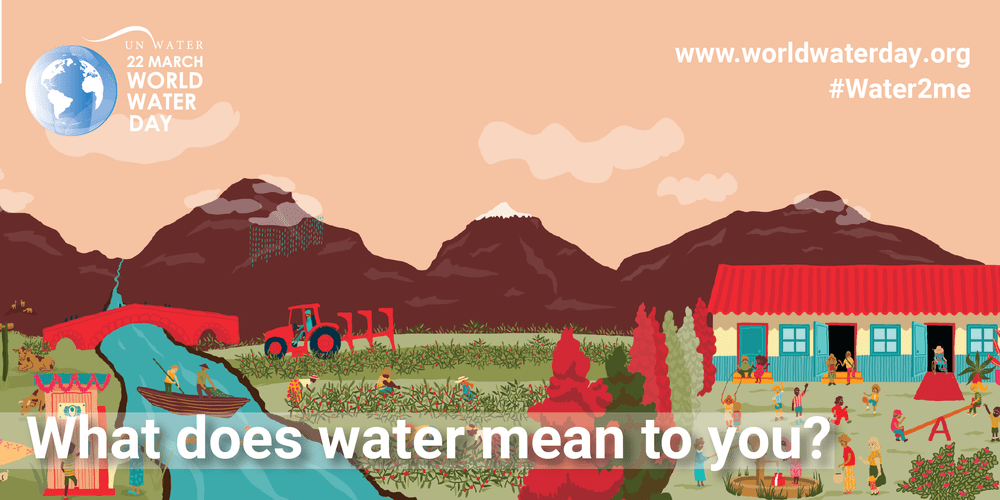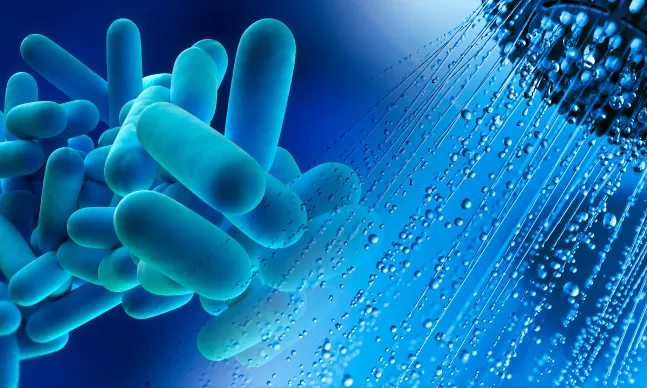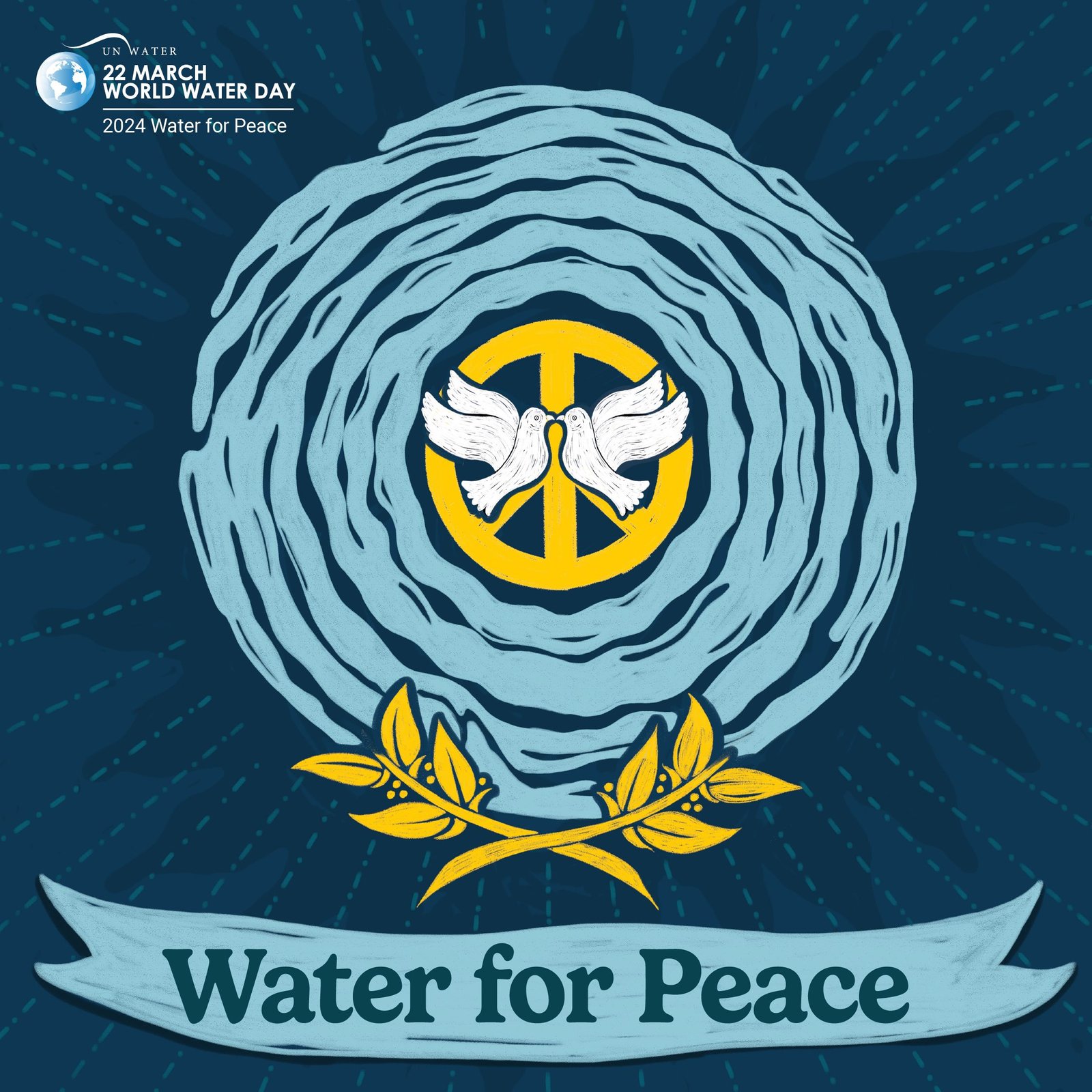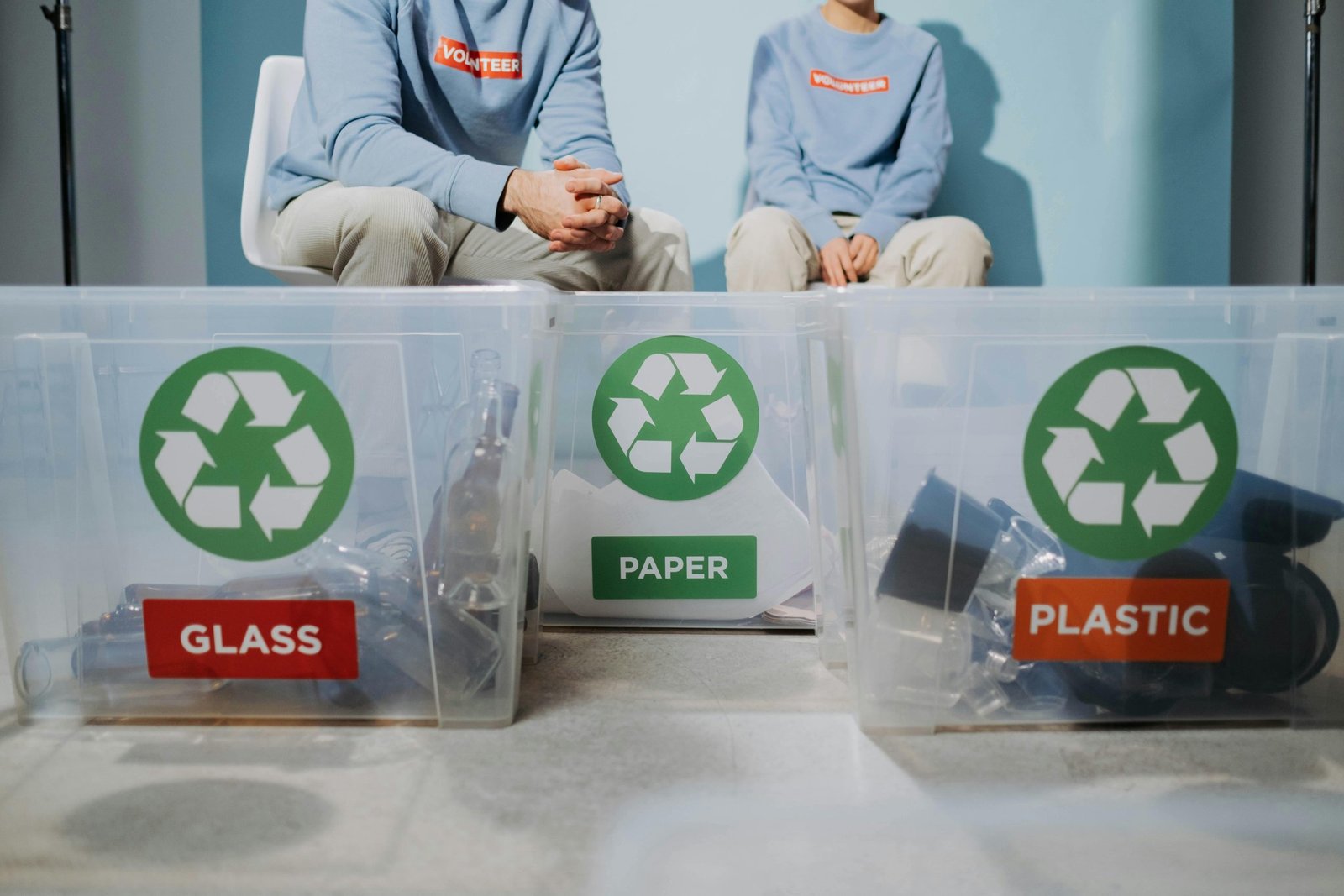What does water mean to you?
This is the question that characterises World Water Day 2021, which has been established on 22 March. The United Nations has chosen the theme “The value of water”, wanting to capture what water means to people, its true value and how this vital resource can be better protected.
The purpose of World Water Day is to celebrate water and raise awareness of the 2.2 billion people who live without access to safe water.
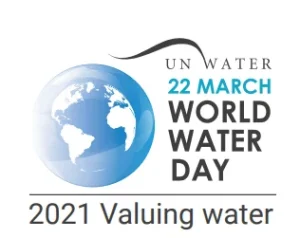
The value of water is much more than its price – water has a huge and complex value for households, food, culture, health, education, the economy and the integrity of the natural environment. By documenting all the different ways that water benefits our lives, we can value water properly and protect it effectively for all.
5 perspectives on the value of water:
1. The value of water sources – natural water resources and ecosystems:
Water is produced by ecosystems. All water used for human consumption is eventually returned to the environment, along with any pollutants added.
2. The value of water infrastructure – storage, treatment and supply:
Water supply infrastructure stores and transports water to where it is most needed and helps purify and return it to nature after human use. When this infrastructure is inadequate, socio-economic development is undermined and ecosystems are threatened.
3. The value of water services – drinking water, sanitation and health services:
The role of water in households, schools, workplaces and health care facilities is critical. In addition, water, sanitation and hygiene services – also add value in the form of community health.
4. The value of water as a contribution to production and socio-economic activity – food and agriculture, energy and industry, business and employment:
Agriculture places the greatest demand on global freshwater resources and contributes significantly to environmental degradation. For the energy, industry and business sectors, water-related threats such as water scarcity, floods and climate change can increase costs and disrupt supply chains. Corporate mismanagement of water can damage ecosystems and harm reputations and affect sales.
5. The value of the socio-cultural aspects of water – recreational, cultural and spiritual qualities:
Water can connect us to concepts of creation, religion and community. Economics often sees water as a resource for practical human use and pays little or no attention to its socio-cultural or environmental value.
Facts and Figures
Today, 1 in 3 people or 2.2 billion people around the world lack safe drinking water.
Over half of the world’s population or 4.2 billion people lack safe sanitation.
297,000 children under five – more than 800 every day – die every year from diarrhoeal diseases due to poor sanitation, poor hygiene or unsafe drinking water.
2 in 5 people or 3 billion people worldwide lack basic hand-washing facilities at home.
Almost half of the world’s schools lack handwashing facilities with soap and water.
Globally, at least 2 billion people use a contaminated drinking water source.
Universal access to safe drinking water, adequate sanitation facilities and better hygiene would reduce the global burden of disease by 10%.
https://www.worldwaterday.org/
https://www.unwater.org/water-facts/water-sanitation-and-hygiene/

